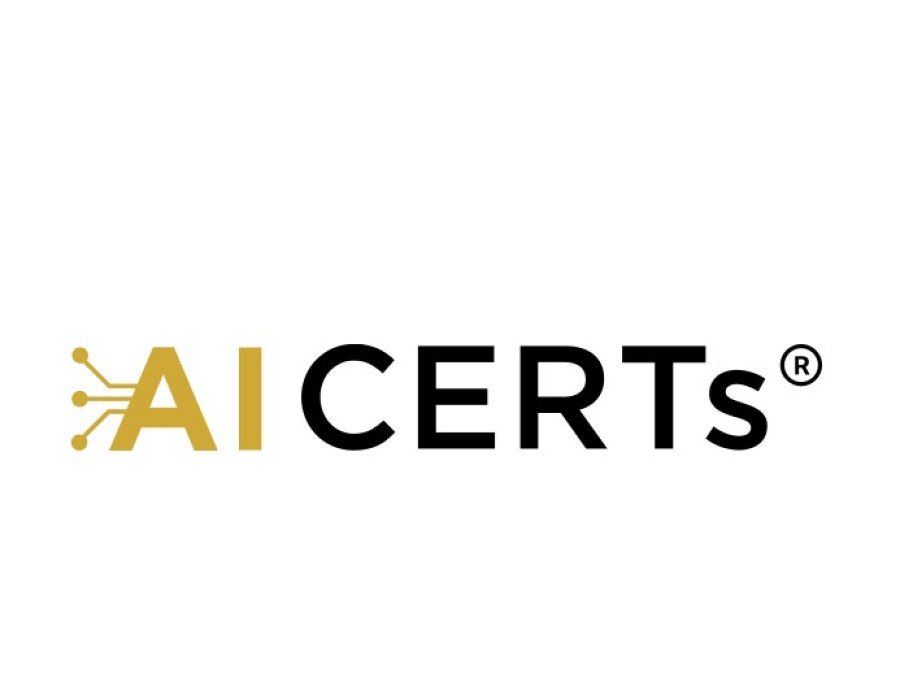Imagine a bustling enterprise, well-established, respected, and profitable. However, lurking beneath its polished exterior was an overlooked reality—its leadership had consciously decided against integrating artificial intelligence into their operations. Initially, this decision seemed trivial, merely an avoidance of hype. But soon, competitors embracing AI surged ahead, capturing markets, reducing costs, and dramatically improving customer satisfaction. Slowly but surely, the company found itself outpaced, outmaneuvered, and lagging in innovation.
Driven by necessity, the leadership finally relented, hastily plunging into AI adoption without thorough preparation. This sudden shift, however, led to chaos. Employees, unsure of how to utilize this powerful yet unfamiliar technology, struggled immensely. Confusion and inefficiency spiraled into tangible losses, further deteriorating morale.
This scenario isn’t hypothetical—it has unfolded countless times across industries worldwide. So, what could this organization have done differently?
Why AI Leadership Is Essential
AI is rapidly changing the way organizations operate. From supply chain optimization to customer personalization, companies that effectively apply AI gain a competitive edge. Yet, technology alone does not guarantee success—leadership is what determines whether AI initiatives deliver real value. Executives who can adapt, inspire, and lead through AI transformation are the ones who will stay ahead of the curve.
For this reason, professional development is becoming increasingly important. Many leaders now pursue an AI Executive Certification to gain practical knowledge that helps them shape forward-looking strategies while keeping pace with technological change.
Core Skills Every Executive Needs
To thrive in an AI-driven world, executives must build a unique blend of technical awareness and leadership agility. These skills go beyond traditional management—they include the ability to craft a clear AI vision, make data-driven decisions, navigate ethical challenges, and guide teams through cultural change. By mastering these competencies, leaders can harness AI as a catalyst for innovation while ensuring long-term business growth and resilience.
1. Strategic Vision in the AI Era
Executives must have a clear understanding of how AI fits into the long-term vision of the business. It’s about moving beyond short-term fixes and seeing how AI can create entirely new opportunities. A skillful leader identifies where AI drives efficiency, growth, and differentiation.
Developing this vision requires continuous learning and adaptability. Programs like an ai leadership certification help leaders connect strategic thinking with the realities of AI-driven innovation, ensuring their decisions remain relevant in a fast-changing environment.
2. Data-Driven Decision Making
Data has become the backbone of modern business. While technical teams process the numbers, executives must interpret insights and align them with company objectives. Strong data literacy allows leaders to make better, faster, and more informed choices.
Executives who take steps to learn ai for business executives gain the tools to translate complex data outputs into clear strategies that resonate across the organization. This bridges the gap between technical specialists and leadership teams.
3. Ethical and Responsible Leadership
AI comes with both opportunities and risks. Issues like algorithmic bias, transparency, and data privacy are at the forefront of business and regulatory concerns. Leaders must guide their companies to use AI responsibly, setting the tone for ethical adoption and governance.
For those who wish to deepen their expertise, courses offering advanced ai for executives are designed to address these complex challenges, ensuring leaders can apply AI in ways that are both profitable and principled.
4. Managing Change and Driving Culture
The introduction of AI can unsettle employees, as it often changes workflows or raises concerns about job security. Effective leaders must act as change agents, encouraging collaboration, retraining, and fostering an inclusive culture where AI is seen as an enabler, not a threat.
In today’s digital-first environment, flexible learning options like an ai executive online certification allow busy leaders to strengthen these skills without interrupting their professional commitments. Such opportunities make it easier to stay prepared for the evolving demands of leadership.
Conclusion
AI is not replacing leaders—it is redefining what great leadership looks like. Executives who cultivate vision, embrace continuous learning, and balance technological innovation with human-centered values will set themselves apart. The future belongs to leaders who can use AI to create trust, growth, and sustainable success.
By spreading these leadership skills across strategy, ethics, data, and people management, executives can guide their organizations into the AI era with clarity and confidence.






Comments